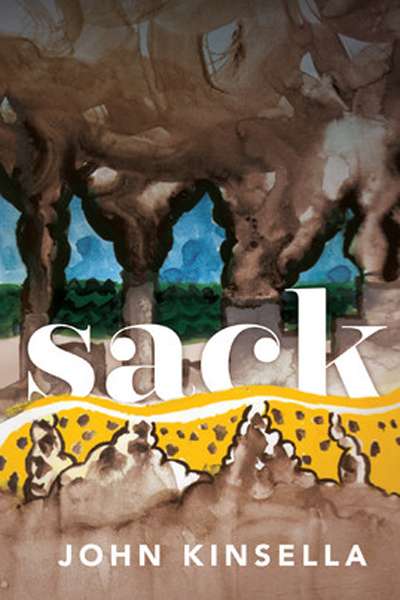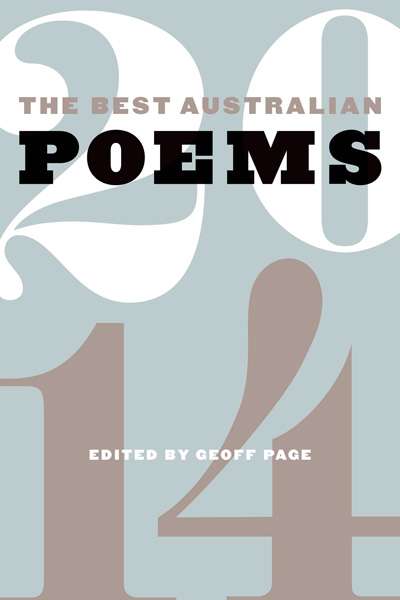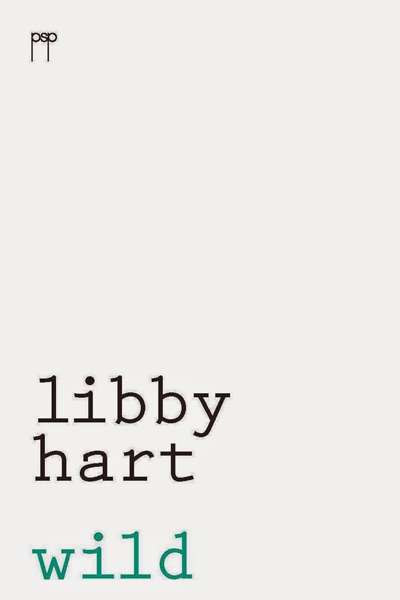Australian Poetry
sparrow strung up
one foot knotted
in an accidental
backyard trap
They are stored in a box,
jewelled eggs:
The lover who says I’m sorry, I just
don’t want you anymore.
I woke up and the light
had gone out.
I’m inclined to say poems are triggered, or ‘arrive’, rather than they’re the fruit of inspiration. The poem does have to be written, which is in itself craft. The best poems may need a little tinkering, but on the whole I’d rather not labour away at a sow’s ear. (Though I should say I value a real sow’s ear above a silk purse.)
... (read more)Seeing people who remind you
just a little of the dead
is always mildly disconcerting –
something in the face, the gait,
the shoulders from behind,
those likenesses that don’t surprise
The sudden blush on us you move
as wind sweeps across blue water
you move the clouds
for C.
d, undrilled
rock
Had it been
wanted how had
The Best Australian Poems 2014 edited by Geoff Page
Lesbia Harford would have been interesting to meet, because of her unconventionality and political views, in addition to the poetry. Earlier, Percy Shelley, for similar reasons.
... (read more)




